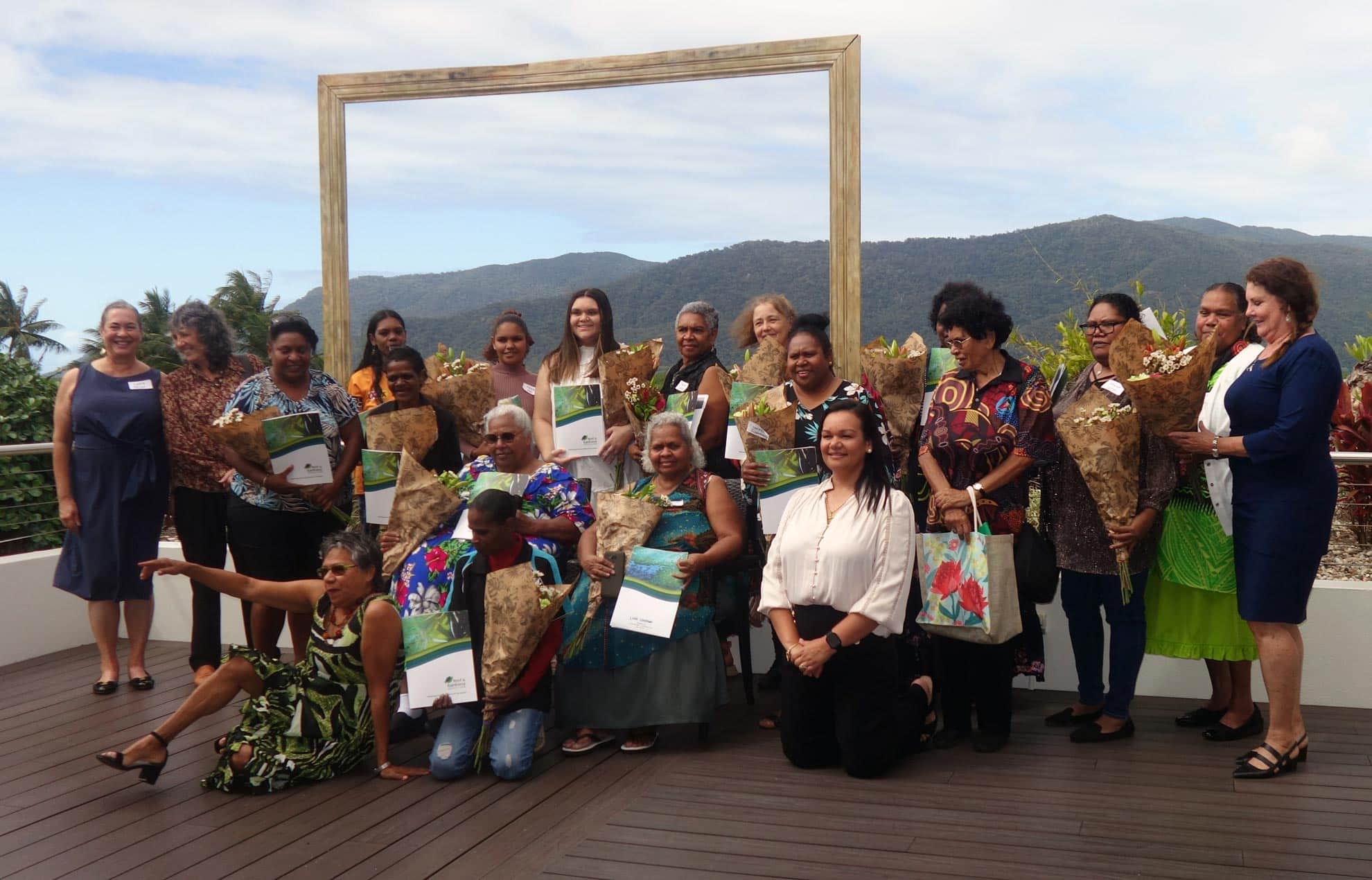$15,000 Fellowship Rescinded: State Library Of Queensland And First Nations Author Dispute

Table of Contents
The $15,000 Fellowship and its Purpose
The SLQ offers various fellowship programs designed to support and promote Queensland writers. One such program, the focus of this controversy, aimed to provide financial assistance and mentorship to emerging Indigenous Australian writers. This prestigious fellowship, carrying a significant $15,000 grant, is intended to foster the creation and publication of high-quality Indigenous Australian literature. The program's goals included:
- Supporting the development of new writing talent within First Nations communities.
- Promoting the diverse voices and perspectives of Indigenous Australians.
- Enhancing the visibility and accessibility of Indigenous Australian literature.
- Building stronger relationships between the SLQ and First Nations communities.
While the SLQ hasn't publicly named previous recipients, the program's success is evident in the increased representation of Indigenous Australian voices within Queensland's literary landscape. The program's funding comes from a combination of government grants and private donations, highlighting its importance within the wider arts funding ecosystem in Queensland. Keywords: Indigenous Australian literature, writing fellowship, Queensland literature, literary grant, arts funding.
The Allegations and the Rescission
The SLQ rescinded the fellowship citing concerns relating to ethical breaches in the author's submitted manuscript. While the precise nature of these allegations remains undisclosed to protect the author’s privacy and due process, speculation in media reports points to possible instances of plagiarism or copyright infringement. The SLQ’s official statement emphasized a commitment to upholding the highest standards of ethical conduct and ensuring the integrity of their fellowship programs.
The author, who remains unnamed, has publicly responded to the rescission, expressing deep disappointment and contesting the allegations. They maintain their innocence and have challenged the SLQ’s decision, arguing that their work is original and does not violate any copyright laws. The situation is complicated further by the absence of publicly available evidence detailing the specific ethical concerns. This lack of transparency has fueled further public debate and speculation. Keywords: plagiarism, ethical concerns, copyright infringement, literary dispute, cultural sensitivity.
Public Reaction and Media Coverage
The news of the rescinded fellowship sparked immediate and widespread outrage across social media and traditional news outlets. Many critics condemned the SLQ's decision, arguing that it lacked transparency and unfairly targeted a First Nations artist. The incident prompted intense debate about:
- The need for greater sensitivity and understanding within publishing regarding Indigenous Australian intellectual property.
- The potential for systemic biases within arts funding organizations.
- The importance of providing robust support and protection for Indigenous Australian writers.
Numerous articles and editorials appeared in major newspapers and online publications, many criticizing the SLQ's handling of the situation. The public discourse highlights the complexities of balancing artistic freedom with ethical considerations and the need for greater accountability within literary institutions. Keywords: public opinion, media response, social media, news coverage, public debate.
The Wider Implications for First Nations Authors and the SLQ
This dispute has profoundly impacted the relationship between the SLQ and First Nations communities. The incident raises concerns about the trust and mutual understanding necessary for successful collaborations. The fallout could discourage other Indigenous Australian writers from applying for similar fellowships, potentially hindering the growth and development of Indigenous Australian literature. The impact extends beyond this particular author; it casts a shadow on the SLQ’s commitment to supporting and promoting Indigenous voices.
The long-term implications include a potential review of the SLQ's fellowship program guidelines, potentially leading to more robust ethical review processes and clearer guidelines on plagiarism and cultural sensitivity. The incident emphasizes the urgent need for greater Indigenous representation within literary institutions and the arts funding sector. Keywords: Indigenous representation, cultural appropriation, reconciliation, diversity in literature, literary ethics.
Conclusion: Understanding the State Library of Queensland Fellowship Dispute
The rescission of the $15,000 fellowship to a First Nations author by the SLQ represents a significant event in the Australian literary landscape. The lack of transparency surrounding the allegations, the public outcry, and the broader implications for Indigenous Australian writers and the SLQ demand a thorough examination of ethical practices within publishing and arts funding. This incident underscores the importance of building strong, respectful relationships between institutions and Indigenous communities to ensure a truly inclusive and representative literary landscape.
Stay informed about developments in Indigenous Australian literature and the ongoing efforts of organizations like the State Library of Queensland to promote cultural understanding and support First Nations authors. Learn more about the issues surrounding literary fellowships and ethical considerations in publishing, ensuring that future collaborations between institutions and Indigenous artists are built on mutual respect and a shared commitment to celebrating diverse voices.

Featured Posts
-
 E Bay Faces Legal Battle Over Banned Chemicals Section 230 At Stake
May 29, 2025
E Bay Faces Legal Battle Over Banned Chemicals Section 230 At Stake
May 29, 2025 -
 The Looming Bond Crisis Assessing The Risks And Opportunities
May 29, 2025
The Looming Bond Crisis Assessing The Risks And Opportunities
May 29, 2025 -
 Mstqbl Jwnathan Tah Hl Syleb Bqmys Bayrn Mywnykh
May 29, 2025
Mstqbl Jwnathan Tah Hl Syleb Bqmys Bayrn Mywnykh
May 29, 2025 -
 Starbase La Ville De Space X Au Texas
May 29, 2025
Starbase La Ville De Space X Au Texas
May 29, 2025 -
 Schiedpartij Venlo Pasen Verdachte Aangehouden Onderzoek Loopt Door
May 29, 2025
Schiedpartij Venlo Pasen Verdachte Aangehouden Onderzoek Loopt Door
May 29, 2025
